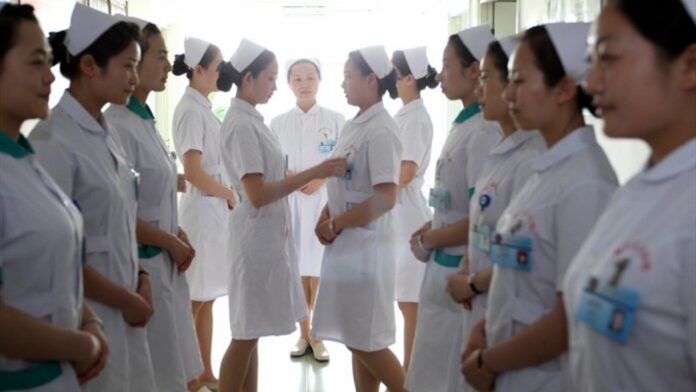The World Health Organization (WHO) has projected that without action, “there will be a shortfall of 4.6 million nurses worldwide by 2030” in their recently published State of the World’s Nursing report.
In the same report, WHO warned the Philippines that the country will not be spared despite being the largest supplier of migrant nurses in English-speaking countries, as a shortfall of 249,843 nurses is expected by 2030, unless greater investment is made now to retain them in the local health sector.
Last week, the Commission on Higher Education scrapped the 10-year old moratorium on the opening of new undergraduate Bachelor of Science in Nursing (BSN) programs, allowing new universities and colleges to offer their own courses.
Makati City Rep. Luis Campos Jr. urges the country’s state universities and colleges (SUCs) to be at the forefront of this initiative, mentioning that the Universal Access to Quality Tertiary Education Act, or Republic Act 10931, can be a factor for choosing to take up nursing.
The lure of free tuition and other fees will encourage high school graduates to take up nursing in their respective provinces.
“We are counting on SUCs that still do not offer the BSN program to be among the first to apply and comply with the requirements to establish new nursing schools. Our sense is, the lure of free tuition and other fees will encourage many high school graduates to take up nursing once SUCs in the provinces roll out their new BSN programs,” Campos said in a news release on Sunday.
“In Congress, we are prepared to support SUCs that will request for additional funding so that they can put up new nursing schools,” Campos added.
Campos also emphasized the need to meet the demand of labor both locally and internationally to avoid any shortage.
“We also see the country producing a larger number of entry-level nurses in the years ahead, thus putting us in a stronger position to supply and fill both the domestic and global shortages of practitioners,” Campos said.
Photo Credit: Education Training and Employment Australia Official Website


